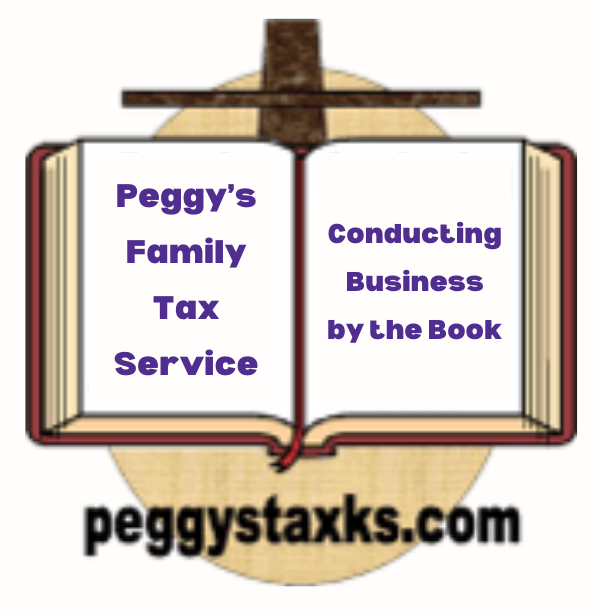Tax Planning Tips for Freelancers & Independent Contractors
Simple Strategies to Stay Organized, Compliant, and Minimize Your Tax Burden
Tax planning is crucial for freelancers and independent contractors to navigate the unique challenges of self-employment. From managing deductions to making estimated payments, taking a proactive approach to your taxes can save you time, money, and stress. Here are some essential tax planning tips to help you stay on track and maximize your financial benefits.
Freelancers must maintain meticulous records of all income and expenses throughout the year. Using accounting software or apps can help you log invoices, receipts, and expenses in real time. Keeping your finances organized and categorizing your expenses ensures you claim deductions accurately while avoiding missed opportunities. Additionally, unlike traditional employees, freelancers don’t have taxes withheld from their income. It’s essential to set aside 25–30% of your earnings for federal and state taxes in a separate savings account to ensure the funds are readily available when needed.
Freelancers are also required to pay taxes quarterly. Using IRS Form 1040-ES to calculate and make these payments is a smart move to avoid penalties and remain compliant. Meeting deadlines for estimated quarterly payments helps you stay ahead and prevents unnecessary interest charges. Beyond estimated taxes, claiming all eligible business-related deductions is one of the best ways to reduce your tax liability. For instance, you can deduct a home office if you work from a dedicated space at home, along with a portion of your rent, utilities, and internet. Additionally, expenses like business travel (transportation, lodging, and meals) and business equipment or supplies, such as computers and software, are also deductible.
Contributing to a tax-advantaged retirement plan like a SEP IRA, Solo 401(k), or SIMPLE IRA is another essential step for freelancers. These plans not only help you save for your future but also lower your taxable income. Tax planning also requires staying up to date with changes to tax laws that may impact freelancers. Deductions, credits, and rules for self-employment taxes can change annually, so it’s critical to stay informed. Consulting a tax professional ensures you’re taking full advantage of current benefits while complying with new regulations.
Lastly, hiring a tax professional can be a game-changer for freelancers and independent contractors. A tax expert can guide you through the complexities of self-employment taxes, identify overlooked deductions, and ensure you avoid costly mistakes. Investing in professional assistance can save you money and provide peace of mind, especially when dealing with unique or complex tax situations.
Freelancers and independent contractors face unique tax challenges, but with the right planning, you can stay organized, compliant, and financially prepared. By tracking expenses, paying quarterly taxes, and taking advantage of deductions, you can reduce your tax liability and keep more of your hard-earned income. For personalized assistance, Peggy's Family Tax Service is here to support you every step of the way.



